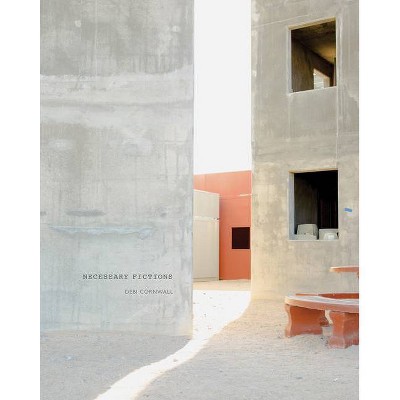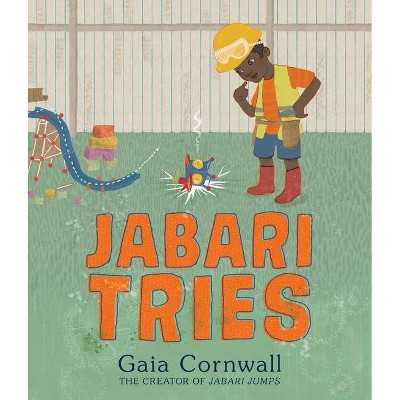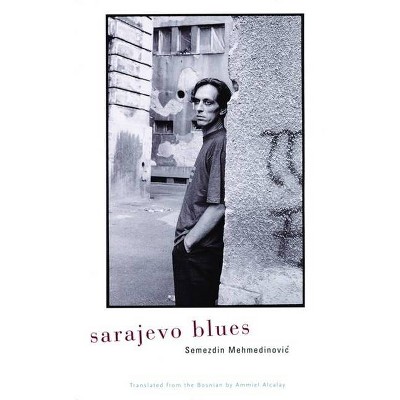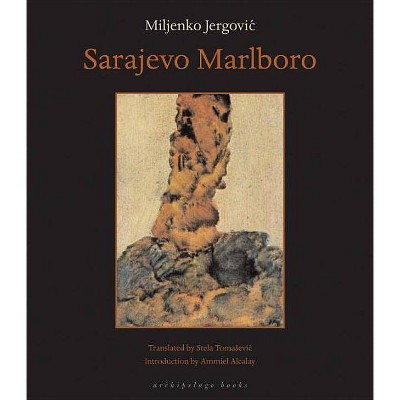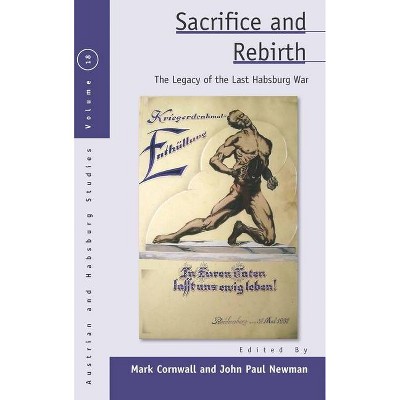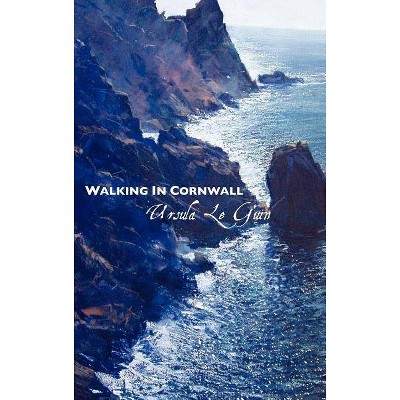Sarajevo 1914 - by Mark Cornwall (Hardcover)
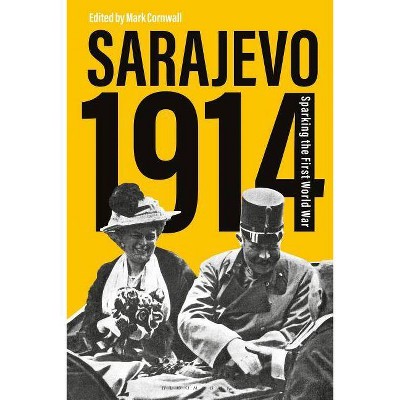
Similar Products
Products of same category from the store
AllProduct info
<p/><br></br><p><b> About the Book </b></p></br></br>"In June 1914, Archduke Franz Ferdinand was assassinated in the Bosnian capital of Sarajevo. This key event in 20th-century history continues to fascinate the public imagination, yet few historians have examined in depth the regional context which allowed this assassination to happen or the murder's ripples which quickly spread out across the Balkans, Austria-Hungary and Europe as a whole. In this study, Mark Cornwall has gathered an impressive cast of contributors to explore the causes of the Sarajevo assassination and its consequences for the Balkans in the context of the First World War. The volume assesses from a variety of regional perspectives how the 'South Slav Question' destabilized the empire's southern provinces, provoking violent discontent in Croatia and Bosnia, and exacerbating the empire's relations with Serbia, regarded by Austria-Hungary as a dangerous state. It then explores the ripples of the Sarajevo event, from its evolution into a European crisis to the creation of a new independent state of Yugoslavia. Bringing together fresh perspectives by historians from Austria, Croatia, Slovenia and Serbia, as well as leading British historians of Austria-Hungary, this book is essential reading for anyone wanting to understand the Sarajevo violence and how it shaped modern Balkan history"--<p/><br></br><p><b> Book Synopsis </b></p></br></br>In June 1914, Archduke Franz Ferdinand was assassinated in the Bosnian capital of Sarajevo. This key event in 20th-century history continues to fascinate the public imagination, yet few historians have examined in depth the regional context which allowed this assassination to happen or the murder's ripples which quickly spread out across the Balkans, Austria-Hungary and Europe as a whole. In this study, Mark Cornwall has gathered an impressive cast of contributors to explore the causes of the Sarajevo assassination and its consequences for the Balkans in the context of the First World War.<br/><br/>The volume assesses from a variety of regional perspectives how the 'South Slav Question' destabilized the empire's southern provinces, provoking violent discontent in Croatia and Bosnia, and exacerbating the empire's relations with Serbia, regarded by Austria-Hungary as a dangerous state. It then explores the ripples of the Sarajevo event, from its evolution into a European crisis to the creation of a new independent state of Yugoslavia.<br/><br/>Bringing together fresh perspectives by historians from Austria, Croatia, Slovenia and Serbia, as well as leading British historians of Austria-Hungary, this book is essential reading for anyone wanting to understand the Sarajevo violence and how it shaped modern Balkan history.<p/><br></br><p><b> Review Quotes </b></p></br></br><br><i>Sarajevo 1914</i>is a rigorous and well-researched collection of essays that will be essential reading for any student, scholar or lay reader wishing to understand the impact and implications, both regionally and internationally, of the fateful assassination of Archduke Franz Ferdinand.<br/>Kenneth Morrison, Professor of Modern Southeast History, De Montfort University, UK<br><br>An excellent collection of essays that brings original insight to an historical topic that has occupied historians for over a century. Too often, the Sarajevo assassination is treated as the opening act in a war drama whose most important actions took place elsewhere. Not here: Sarajevo 1914 puts Franz Ferdinand and the Southern South question at the centre of its narrative, exploring its causes and consequences from a range of perspective and casting new light onto one of the most consequential events of the twentieth century.<br/>John Paul Newman, Associate Professor of Twentieth-Century European History, Maynooth University, Ireland<br><p/><br></br><p><b> About the Author </b></p></br></br><b>Mark Cornwall</b> is Professor of Modern European History at the University of Southampton, UK. He is a leading authority on the late Habsburg monarchy and the history of 20th-century Czechoslovakia and Yugoslavia. His recent publications include <i>Sacrifice and Rebirth: The Legacy of the Last Habsburg War</i> (co-edited along with John Paul Newman; 2016) and <i>The Devil's Wall: The Nationalist Youth Mission of Heinz Rutha</i> (2012).
Price History
Price Archive shows prices from various stores, lets you see history and find the cheapest. There is no actual sale on the website. For all support, inquiry and suggestion messagescommunication@pricearchive.us

